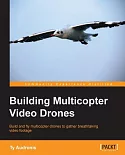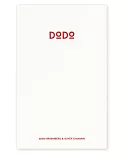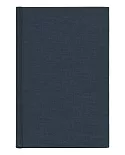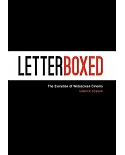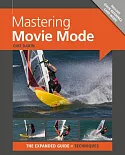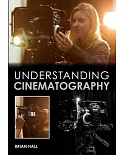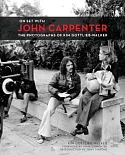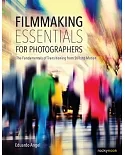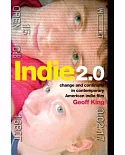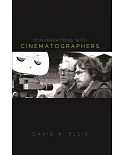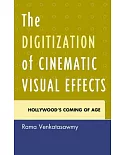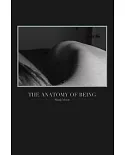"Editing and Special/Visual Effects takes the reader behind the screen to understand how these two crucial crafts define the viewing experience of film audiences. This book provides an
historical overview of each of these two crafts, from the earliest days of stop-motion substitution, which combined editing and in-camera effects, to the current digital era, where both cuts
and the illusion of an unbroken take can be created in post-production. This volume examines the power of editing to create the strong sense of narrative flow in the American cinema, with its
focus on continuity and viewer orientation. At the same time, it charts the increasing reliance on fast cuts and rapidly altered shot scale to produce the viscerally exciting style of editing
thatmany contemporary films feature. In its study of effects artistry, this book addresses the full range of such techniques, from multiple exposures and split-screen effects, to matte shots
and rear projection, through to today’s dizzying array of CGI and digital visual effects. While digital technologies have been integral to the latest phase of special/visual effects work, craft
specialists have relied on a wide array of technologies over the years, and this book traces the development of the art and techniques that have been instrumental to the deployment of seamless
effects in feature-length films. Often working hand-in-hand, the domains of editing and special/visual effects have shaped film style and aesthetics in ways that have enriched American cinema
throughout its existence"--


